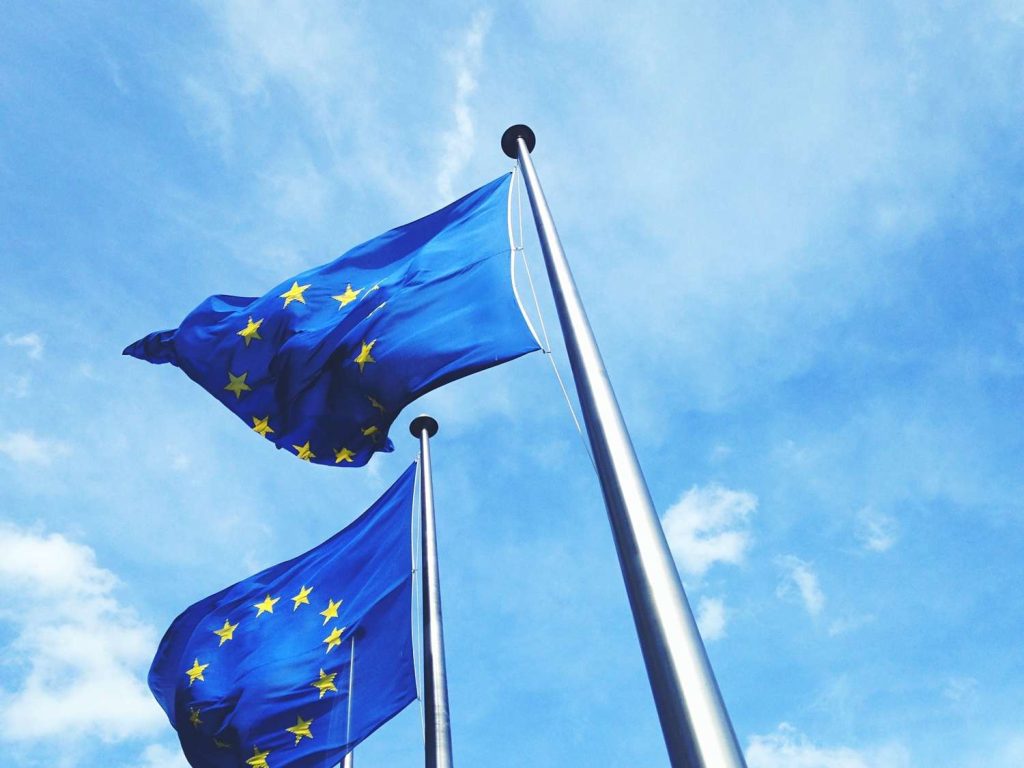Europeans whose sex characteristics do not fit typical definitions of male or female are facing a sharp and “alarming” increase in violence, according to the EU’s leading human rights body.
Findings published on Tuesday by the Agency for Fundamental Rights (FRA) are based on responses from 1,920 people in 30 European countries who identify as intersex, a term covering those with innate variations in sex characteristics, including individuals who identify as trans, non-binary or gender diverse.
The survey revealed that rates of violence and harassment against intersex people have risen steeply since 2019, particularly among those identifying as trans, non-binary or gender diverse, with increases far exceeding those reported by other members of the LGBTQ+ community.
One in three respondents (34%) reported being physically or sexually assaulted in the five years prior to the survey, up from 22% in 2019. Hate‑motivated harassment almost doubled over the same period, from 42% to 74%.
More than half (57%) said they had undergone surgery or other medical treatment to alter their sex characteristics without their informed consent. A further 39% reported being subjected to so‑called conversion practices aimed at changing their sexual orientation or gender identity, a rate significantly higher than the 25% recorded across the wider LGBTQ+ population.
The Vienna‑based agency linked the rise in abuse to a broader climate of “increasing or persisting intolerance and bigotry” and to “intense online hatred campaigns” that have targeted the LGBTQ+ community. It warned that disinformation campaigns, often driven by both domestic and foreign actors, were being used to undermine democratic values and “fuel hatred and violence” towards intersex, trans, non‑binary and gender diverse people.
The FRA said the lack of public understanding about intersex identities had been “weaponised” to spread prejudice, echoing warnings from advocacy groups that political rhetoric in parliaments, rallies and media outlets has normalised discrimination.
The report also highlighted the severe personal impact of such hostility. More than half of intersex respondents (53%) said they had contemplated suicide in the previous year, compared with 37% across all LGBTIQ groups. The agency warned that repeated victimisation and compounded challenges could lead to homelessness, social exclusion and critical mental health crises.
The FRA urged EU member states to add sex characteristics to the protected grounds in anti‑discrimination laws and to strengthen measures against hate crime and hate speech.
“Intersex people in the EU experience alarming levels of exclusion, discrimination and violence,” said Sirpa Rautio, the agency’s director. “They must be provided with targeted support that addresses their specific needs to ensure they can enjoy their fundamental rights and live in dignity.”



